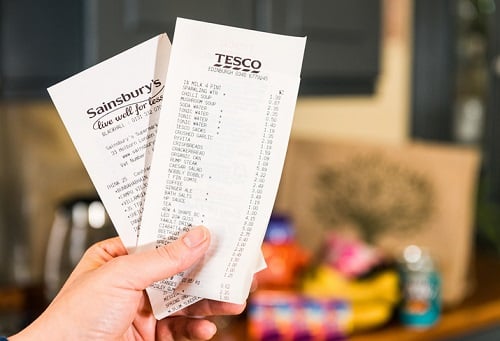In October we told you about the possible disruption online retailer Amazon might bring to the insurance market, and the idea has raised quite a ruckus. Now it looks like bricks-and-mortar retailers want a bigger piece of the action.
While it’s not new information that the UK’s supermarket giants Tesco and Sainsbury’s both provide financial products through their respective subsidiary banks, what’s interesting to note is how they’re using what they know about the British grocery-shopping public for their insurance proposition.
According to a
Reuters report, both chains offer discounts to prospective policyholders based on their shopping behaviour. Think telematics but in the context of how you fill up your grocery cart. (Kind of creepy, if you think about it.)
“We use a range of data and criteria when assessing a customer’s eligibility for our products, however, as an extra help for customers, for some of our products we also use Clubcard data to offer them even better value,” said Tesco spokesperson Chris Sibbald, as quoted by the report – according to which as much as 25% percent in discounts are available for motor, home, and pet insurance products.
As for Sainsbury’s, which gleans insights from its Nectar card loyalty scheme, it offers cheaper motor cover to shoppers they deem as safe drivers. An example of the correlation? If you’re a regular shopper – versus an impulse buyer – whose visits are predictable and seem planned, the implication is you’re also not as erratic when on the road.
The company also offers buyers of pet food up to 12.5% in discounts on pet insurance.
”Our strategy is to be the bank for the Sainsbury’s shopper, and we’re uniquely placed to use the power of data to offer better prices and products,” Sainsbury’s Bank chief executive Peter Griffiths told
Reuters.
While it was pointed out that the two are technically not breaking any rules, as an insurer/broker, do you think these retail goliaths hold an unfair advantage when it comes to knowing their insurance customers? Let us know in the comments section.
Related stories:
Is Amazon ready to upend the insurance industry?
British group files legal action against 'trust violating' Google


